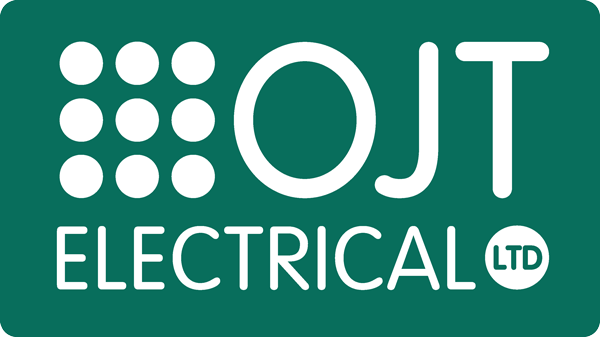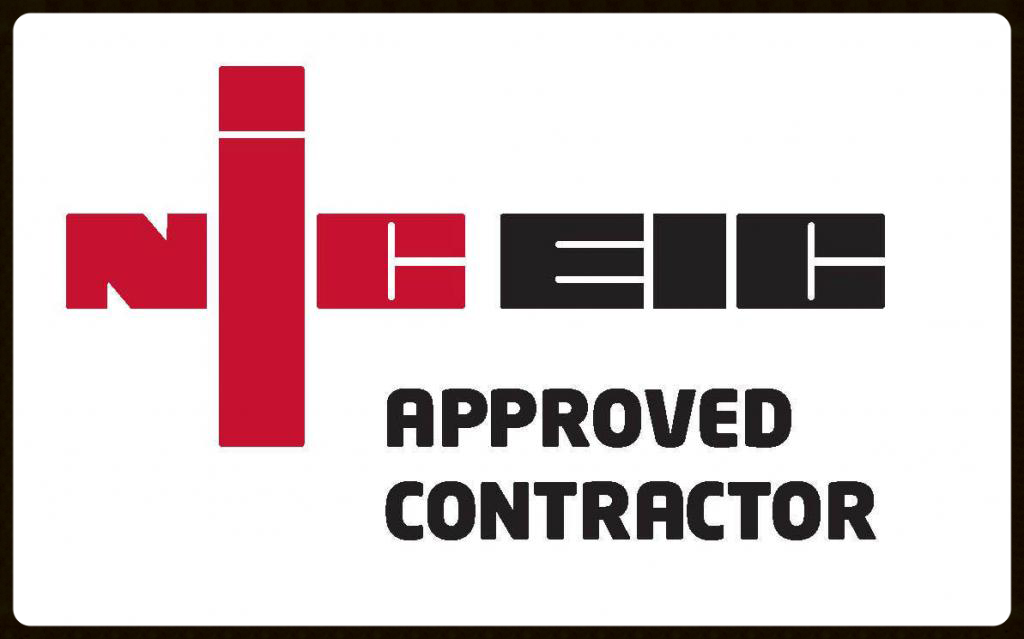Domestic EICR electrical installation condition report safety testing and inspections in Manchester
Inspection and testing electrical installation condition reports that are carried out in domestic, commercial and industrial properties for health and safety. An EICR ensures that the electric wire and wiring accessories are fit for the intended purpose and that the property has a safe electric system for continued use. We can issue these certificates in Salford, Monton, Tyldesley and all the surrounding areas throughout Greater Manchester.
Domestic Electrical Installation Condition Reports..
Below is the price for a Domestic Electrical Installation Condition Report (EICR) which was formally known as a Periodic Inspection and Test. An electrical inspection like this is suitable for landlords, home-buyers or just peace of mind for a homeowner.
Prices for domestic testing..
1 to 3 bedroom property - £140.00
4 or 5 bed property - Available on request
Discounts for Letting agents or multiple bookings
Provided that you arrange access to the property and some parking for us, what you see is what you pay.
No VAT. No hidden charges. It's that simple. Contact us to book your appointment.
We specialise in electrical inspection and testing certification, and we're confident that our prices are unmatched for the quality of service provided in Manchester, Salford, Bolton, and the surrounding areas.
Some useful info about a domestic electrical inspection..
How long will it take.?
It all depends on two things. Firstly, the number of circuits you have on your consumer unit - the more circuits, the longer it will take. Secondly, the size of the property, i.e. the number of sockets, switches and lights. Usually it will take around 1-2 hours to complete a test on an average sized 3-bedroom house that is unoccupied.
It’s all about the codes..
If we find something in the property does not comply with the wiring regulations, a description of the fault will be recorded on the Electrical Installation Condition Report and given a code for the level of danger it represents. The codes are used to determine whether there are non-compliance's or issues with the electrical installation and are numbered C1, C2 and C3. These codes will ultimately determine whether a ‘Satisfactory’ or ‘Unsatisfactory’ report will be applied to the installation.
Code C1 ‘Danger present’: There is a risk of injury and that immediate remedial action is required to remove the dangerous condition.
Code C2 ‘Potentially dangerous condition’: Urgent remedial action required, this should declare the nature of the problem, not the remedial actions required.
Code C3 ‘Improvement recommended’: This code more often than not implies that while the installation may not comply with the current set of regulations, complies with a previous set of regulations and so is deemed to be safe although this safety can be improved upon.
What is a domestic EICR.?
An EICR (Electrical Installation Condition Report) is, as the name implies, a report into the condition of the electrical installation and to highlight any safety shortcomings, defects or deviations from the current revision of the electrical regulations BS7671. This type of report used to be called a Periodic Inspection and Test.
Who needs an EICR.?
Landlords of private rented accommodation in England are now legally obligated to acquire an Electrical Installation Condition Report (EICR) according to the "Electrical Safety Standards in the Private Rented Sector (England) Regulations 2020," mandate and must also supply a copy to their tenants. This EICR will need to be renewed at least every 5 years.
Although for privately owned domestic properties it is not a statutory requirement to have an EICR performed on the electrical installation, it is advisable that the electrical installation of all properties is tested and inspected at regular intervals and at least once every ten years.
For a House of Multiple Occupancy (HMO), there has been a statutory requirement for over five years which mandates that building management must ensure that every fixed electrical installation is inspected and tested by a qualified person at intervals not exceeding five years.
When purchasing a property, your solicitor and mortgage lender will necessitate a general homebuyers building survey. Should the survey indicate any questionable or outdated electrical work, the surveyor will advise that an Electrical Installation Condition Report (EICR) be conducted by an NICEIC Approved contractor prior to the exchange of contracts.
Is it a legal requirement to have an EICR?
In short, yes it’s a legal requirement to have a valid domestic or commercial EICR. Every property and even every rental property is legally required to have a valid electrical safety certificate as of the 1st April 2021 under the “The Electrical Safety Standards in the Private Rented Sector (England) Regulations 2020”. If you don’t have a valid domestic or commercial EICR you may not be able to take possession of the property and even face a fine of up to £30,000.
How often should a domestic or commercial EICR be conducted?
Commercial EICR in manchester should be conducted at least every year for public buildings or commercial properties. For rented properties, EICR should be conducted either every 5 years or when a new tenant moves into the property. Domestic EICRs should be every 10 years. However, there should be a regular annual on-site inspection.
Should a landlord own a domestic or commercial EICR?
Yes as of 1st April 2021 it is a legal requirement for a landlord to own a valid EICR in manchester. If your landlord does now have a valid Electrical Installation Condition Report a tenant will not be able to move into the property until the landlord owns a valid domestic or commercial EICR.
How long is a domestic or commercial EICR valid for?
A commercial Electrical Installation Condition Report is valid for up to 5 years. A domestic EICR is valid for up to 10 years for a private home owner and 5 years for a rented property.
Do I need an EICR to sell my house?
Legally every property should own a domestic or commercial EICR to occupy the building however, you don’t need to own an EICR if you want to sell your property.
What are the processes of an EICR.?
Visual inspection: This is where the electrician will survey the electrical installation before he/she commences with the electrical testing. The visual inspection will highlight broken or cracked devices, where devices may have been installed in the wrong location, or if there have been overloading or overheating problems.
Electrical testing with the use of electrical test meters, including:
Dead Testing..
Continuity testing: a test to check if there are any badly connected conductors (wires)
Insulation resistance testing: this test is to make sure that the electrical insulation material surrounding the conductors is intact.
Polarity: this test is to check that the connections are connected in the right sequence
Earthing arrangement testing: this check is to make sure that the earthing arrangement complies with regulations and that all connections are sound.
Live Testing..
Earth fault loop impedance testing: this test is to check that if a fault did occur, that the system meets requirements to cause a disconnection of the supply within the time limit specified
RCD testing: on modern electrical systems RCDs and RCBOs are regularly fitted - these devices react to electricity missing from the circuit or installation such as when a person is receiving an electric shock as the electricity passes through his body to the ground (earth)
Are there any other considerations you need to be aware of.?
When an EICR is performed on the property, the electrician will need to disconnect the installation from the mains electrical power supply. Depending on the size of the property, this can be anywhere from an hour to a whole day depending on if there are any major concerns that need rectifying straight away - some larger installations, especially commercial or industrial installations, can take days or even weeks to test.
The electrician needs to switch off and disconnect the power for reasons of safety and also for the purpose of being able to apply the correct test to the relevant electrical circuit. The disconnection of the power supply is, of course, going to be an inconvenience for those using the building at the time, but we always try to minimise and manage that inconvenience the best we can.
If you have any questions regarding EICR in Manchester or any other areas we cover, Contact us and we’ll be happy to help..
Areas that we cover..
Manchester | Salford | Worsley | Swinton | Eccles | Monton | Walkden | Irlam | Cadishead | Trafford Park | Urmston | Stretford | Chorlton-cum-Hardy | Whalley Range | Didsbury | Hulme | Old Trafford | Oldham | Sale | Carrington | Levenshulme | Withington | Rusholme | Burnage | Middleton | Prestwich | Whitefield | Bolton | Farnworth | Westhoughton | Middlebrook | Lostock | Atherton | Leigh | Tyldesley | Astley | Higher Green | Boothstown | Ellenbrook | Ashton-in-Makerfield | Haydock


